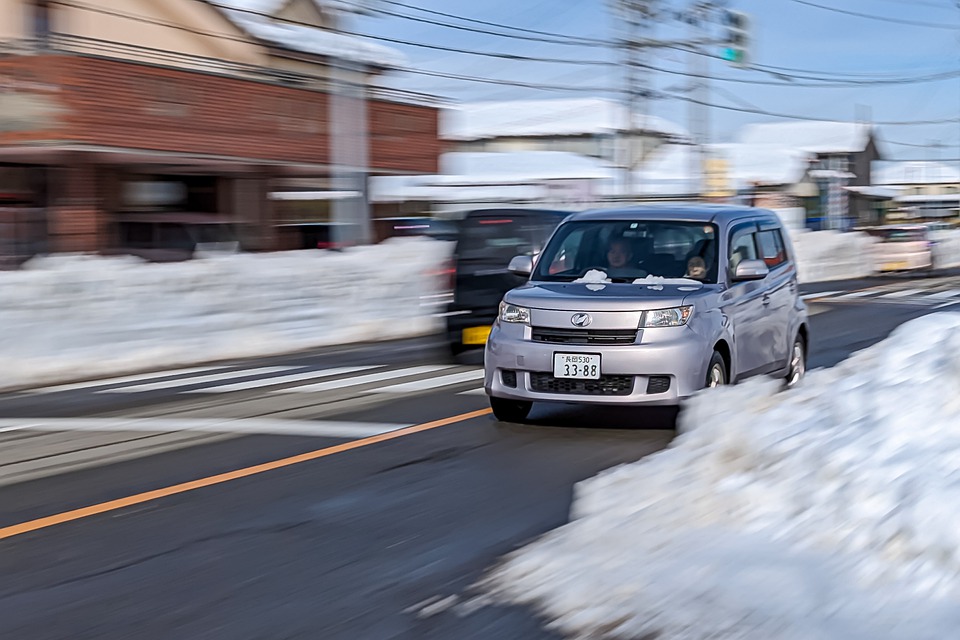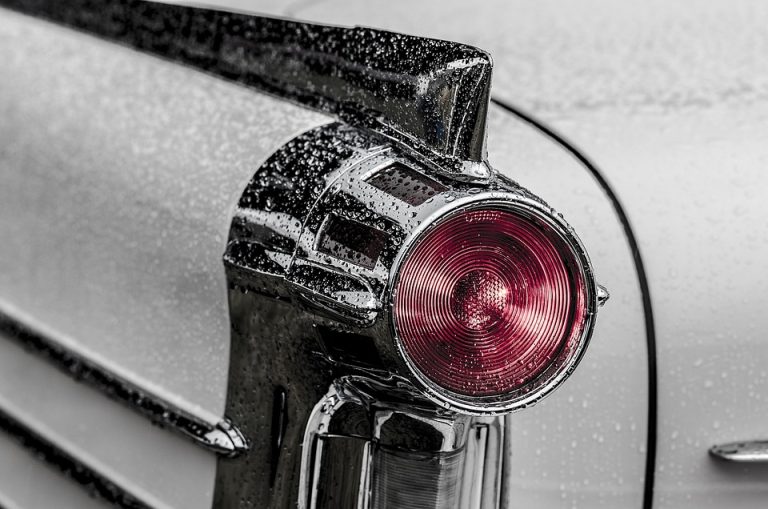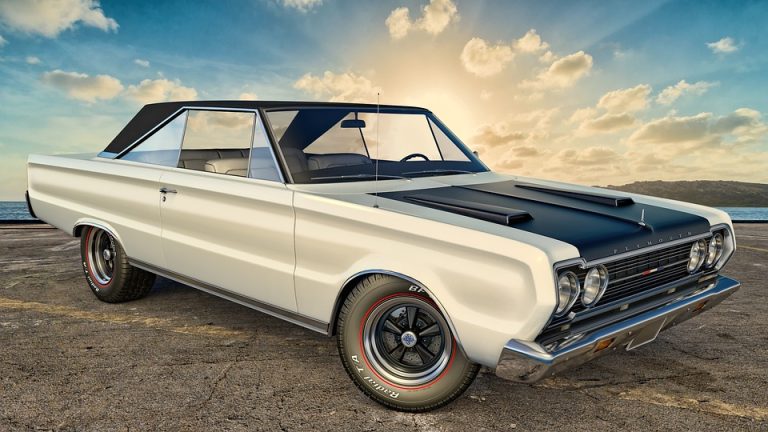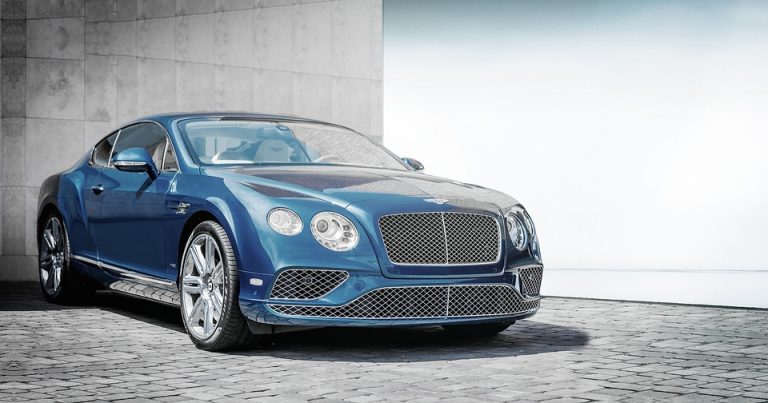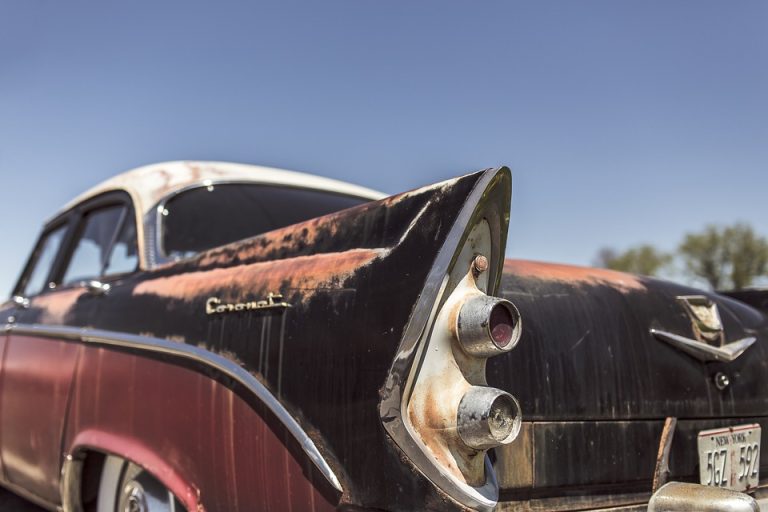Maximizing Your 2006 Toyota Camry Gas Mileage: Tips and Tricks
[ad_1]
Are you looking for ways to maximize the gas mileage of your 2006 Toyota Camry? Look no further! In this article, we will discuss various tips and tricks to help you get the most out of every gallon of gas. By implementing these strategies, you can save money on fuel and reduce your carbon footprint. Read on to learn how to improve your Camry’s gas mileage!
What is the recommended tire pressure for my 2006 Toyota Camry?
One of the easiest ways to improve your Camry’s gas mileage is by ensuring that your tires are properly inflated. Underinflated tires can reduce fuel efficiency, so it’s essential to check your tire pressure regularly. The recommended tire pressure for a 2006 Toyota Camry is 32 PSI. Be sure to use a tire gauge to check the pressure when the tires are cold, and adjust as needed.
By keeping your tires inflated to the correct pressure, you can reduce rolling resistance and improve fuel efficiency. This simple maintenance task can help you get the most out of every tank of gas.
How can I improve my driving habits to maximize gas mileage?
Another effective way to improve your 2006 Toyota Camry’s gas mileage is by practicing fuel-efficient driving habits. Avoiding rapid acceleration and heavy braking can significantly improve fuel efficiency. By driving more smoothly and anticipating stops and starts, you can reduce the strain on your engine and save gas.
Additionally, using cruise control on the highway can help you maintain a steady speed and conserve fuel. By driving at a consistent pace, you can optimize your Camry’s gas mileage and reduce the need for frequent acceleration and deceleration.
When should I change my air filter to improve gas mileage?
Regular maintenance is key to maximizing the gas mileage of your 2006 Toyota Camry. One critical component to keep an eye on is the air filter. A dirty or clogged air filter can restrict airflow to the engine, leading to reduced fuel efficiency. It’s recommended to check your air filter every 12,000 to 15,000 miles and replace it if necessary.
By ensuring that your air filter is clean and free from debris, you can help your engine run more efficiently and use less gas. This simple maintenance task can make a noticeable difference in your Camry’s fuel economy.
How can I reduce the weight of my Camry to improve gas mileage?
Reducing the weight of your 2006 Toyota Camry can also lead to improved gas mileage. Avoid carrying unnecessary items in the trunk or backseat, as added weight can cause your vehicle to consume more fuel. By decluttering your car and removing excess cargo, you can lighten the load and increase fuel efficiency.
Additionally, consider using the lightest suitable motor oil for your Camry. Using a lighter weight oil can reduce engine friction and improve fuel economy. By making these simple adjustments, you can maximize the gas mileage of your vehicle and save money on fuel.
Conclusion
Maximizing the gas mileage of your 2006 Toyota Camry is easy with the right tips and tricks. By maintaining proper tire pressure, improving your driving habits, staying on top of air filter maintenance, and reducing vehicle weight, you can significantly improve fuel efficiency. Implement these strategies today and start getting the most out of every gallon of gas!
FAQs
1. Can I improve the gas mileage of my 2006 Toyota Camry by using premium fuel?
Using premium fuel may not necessarily lead to improved gas mileage in your Camry. The manufacturer recommends regular unleaded gasoline, and using premium fuel may not provide any additional benefits in terms of fuel efficiency.
2. Will using fuel additives improve the gas mileage of my Camry?
While some fuel additives claim to boost fuel economy, their effectiveness can vary. It’s essential to research and understand the potential benefits and risks of using fuel additives in your 2006 Toyota Camry.
3. How often should I have my Camry’s engine tuned up to improve gas mileage?
Regular engine tune-ups can help maintain optimal fuel efficiency in your Camry. It’s recommended to follow the manufacturer’s guidelines for tune-up intervals and ensure that your vehicle’s engine is running smoothly.
4. Will a cold air intake system improve the gas mileage of my Camry?
A cold air intake system may help improve airflow to the engine, but its impact on gas mileage may be minimal. It’s essential to consider all factors when making modifications to your vehicle for fuel efficiency.
5. Can installing aftermarket aerodynamic modifications help maximize the gas mileage of my Camry?
While aerodynamic modifications may have the potential to improve fuel efficiency, their effectiveness can vary. It’s important to research and consult with professionals before making any aftermarket modifications to your Camry.
[ad_2]

